
15 Reasons That Specify The Need For Applications In The Education Industry
Education is one of the booming industries in the world. Students are giving immense importance to learning and getting themselves educated as best as possible. The learning modules are also getting significant enhancements because of the rising demand. Now-a-days traditional learning methods are being demolished with new and advanced ways of learning. The advancements call for innovations like e-learning platforms, virtual teachers, 24/7 accessible style materials, etc. But don’t you think it would be better if you start building applications that are more flexible to use? Just imagine the way it brings efficiency in both professors and students by providing and accessing all the data-driven insights… these functions altogether create a holistic and effective learning ecosystem for students.
Importance of Educational Applications in the Academic Landscape
The integration of educational applications has reshaped the academic landscape. Delve into the remarkable possibilities these applications offer, transcending traditional boundaries and fostering a dynamic, tech-enhanced learning environment.
1. Personalized Learning
Educational applications have these adaptive algorithms where they can tailor content according to your learning styles by adjusting difficulty for personalized pacing. They have incorporated multimedia elements that deepen the personalization to cater to various preferences that foster a dynamic learning experience. It has its tailored approach where you can enhance understanding and also cultivate a sense of autonomy and self-directed learning that empowers students in their educational hemispheres. It also instills a lifelong love for learning that allows students to explore topics that are aligned with their interests and passions.
2. Accessibility
Educational apps transcend geographical and economic barriers and can be accessible via smartphones and tablets, which promotes equal learning opportunities for students who may have geographical restrictions. Offline capabilities also ensure that learning continuity, particularly in the areas with limited internet access. It has intuitive accessibility that contributes to a more democratized education to break down barriers that contribute to narrowing educational disparities and fostering social equality.
3. 21st Century Skills
Educational apps have 21st-century skills that foster digital literacy and proficiency. It gives exposure to multimedia, coding, and virtual simulations that equip students for all the demands of the modern workforce. Its collaborative features prepare students for teamwork and communication in collaborative workspace. This emphasis on creativity and adaptability allows you to shape individuals to navigate through the challenges of ever-evolving and continuous learning. Educational apps foster 21st-century skills—digital literacy, multimedia exposure, coding, and teamwork readiness.
4. Adaptive Assessments
Adaptive assessments on educational apps identify areas of improvement and tailor questions that are based on individual strengths and weaknesses. It has immediate feedback aids with a comprehensive understanding of the curriculum. It has a data-driven approach that not only informs educators but also encourages them to reflect on their learning styles to promote metacognition. It fosters self-awareness and adaptive assessments that contribute to developing reflective and proactive learners.
5. Global Collaboration
Educational apps create opportunities for global collaboration with virtual classrooms and online forums, commonly termed - “distance learning.” It gives exposure to students with diverse perspectives that enrich learning, and foster cultural awareness. Its collaborative features extend beyond academics and create cross-cultural friendships to foster overall child development. They enhance their educational experiences and also prepare students for a future where intercultural competence is increasingly becoming vital. With this global mindset, students can foster an appreciation of diversity and a readiness to engage in the connected world.
6. Cost-Effective
Educational apps offer a cost-effective alternative to traditional textbooks that gives additional benefits to the environment. This scalability of apps allows a widespread distribution to benefit a larger population. It gives cost savings to redirect funds for additional resources or extracurricular activities. You can see yourself contributing to a sustainable and resourceful educational system. It encourages educational institutes to invest in innovative teaching way for advanced technologies for a more enriching learning experience
7. Efficient Administrative Processes
Streamlined administrative processes in educational apps have detailed analytics reports to provide insights into teaching methods and effectiveness. It goes from automating routine tasks to more personalized interactions that foster a supportive learning environment. By this, more time can be directed towards professional development. The efficiency that is gained through automation benefits educators by enhancing the overall quality of the learning experience for students. It fosters an environment where administrative efficiency translates to more focused and impactful educational outcomes.
8. Inclusive Learning
Educational apps prioritize inclusivity with features tested for accessibility. Continuous improvements involve covering all the feedback loops that ensure a user-centric design for diverse needs. Collaborative features create an ecosystem wherein students of varying abilities contribute meaningfully. The commitment to inclusivity extends far beyond features that have a cultural shift to foster an environment where diversity is celebrated and valued. It is a champion of the idea that every student brings a different perspective to enrich the overall learning community.
9. Gamification
With a touch of gamification, applications can get a completely different narrative for an immersive experience. Storytelling encourages creativity and critical thinking. It goes from having a competitive element to the extension of global leaderboards that motivate students on a broader scale. They have their incorporation storytelling that encourages students to emotionally have a deeper connection with the subject matter. It makes their learning journey more captivating where students can actively participate and find joy in their pursuit of knowledge.
10. Remote Learning Facilitation
Educational apps support a hybrid learning model to accommodate diverse student needs. It has the flexibility to promote self-directed learning even in remote settings. Virtual labs and simulations can also be simulated to bridge the gap between theoretical knowledge and practical application. The adaptability of educational apps ensures continuity during disruptions to encourage a self-directed and exploratory approach to learning. It prepares students for a future where remote collaboration and digital literacy are crucial.
11. Real-World Applications
Practical applications in educational apps go beyond virtual internships and have industry simulations. It has immersive experiences to prepare students for the professional world. Industry collaborations create mentorship opportunities that have valuable connections. These connections have mentorship opportunities that serve as valuable connections. These conections give practical insights and also provide valuable networking networking opportunities for students who wish to enter the workforce. It blurs the line between classroom learning and real-world application to make education dynamic and relevant.
12. Data-Driven Insights
Data-driven insights in educational apps include predictive analytics for a proactive intervention. They have insights to inform policy decisions at an institutional and government level. The continuous improvement feature involves a collaborative effort between developers, educators, and researchers. This proactive approach enhances the functionality of apps and also fosters a culture of ongoing improvement within the education sector. It creates a feedback loop to contribute to the evolution in response to the changing needs and advancements.
13. Parental Involvement
Transparent communication is facilitated by educational apps that include virtual parent-teacher conferences for a shared learning experience. It has all the interactive features for family-oriented activities for a shared learning experience. Accessibility ensures that parents can actively contribute to their child’s educational journey. This active involvement strengthens the parent-teacher partnership to create a more supportive and cohesive learning environment. It creates a sense of shared responsibility where parents and educators can actively work together for the betterment of a child's development, academically and personally.
14. Professional Development
Professional development opportunities in educational apps include virtual workshops and peer collaboration forums. Collaboration creates a supportive community of professionals. Personalization accommodates all the varying needs to ensure that training is both relevant and impactful. This collaborative professional development benefits individual educators and also contributes to a collective improvement in teaching methodologies. It fosters a culture of continuous learning for professional growth to ensure that educators remain inspired and equipped to meet the demands that continuously evolve in education.
15. Future-Ready Education
Preparing for a tech-driven future within educational apps goes far beyond emerging technologies like AR and VR. It has immersive experiences to transform theoretical knowledge into tangible learning adventures. Focus on critical thinking and other ethical considerations that create well-rounded individuals for tomorrow’s challenges. This consideration of ethical education fosters a sense of responsibility in using technology. It equips students with an ethical and critical mindset which is very crucial for navigating the complexities of a rapidly changing world.
Advantages of Mobile Apps in the Education Industry
In the era of digital transformation, mobile apps are reshaping education. Explore the profound benefits these apps bring to the forefront of modern learning, enhancing accessibility, engagement, and personalized educational experiences.
1. Enhanced Accessibility
Mobile apps give on-the-go access to educational resources to break down their geographical and time constraints. This accessibility in learners ensures that learning can happen anytime, anywhere to foster a flexible and inclusive educational environment.
2. Engaging Learning Experience
Interactive features and multimedia elements in mobile apps make learning more enjoyable to increase student engagement and comprehension. The gamified elements in these apps add an extra layer of motivation for students to turn their learning process into an exciting and rewarding journey.
3. Personalized Learning Paths
Apps adapt to individual progress and offer tailored content and assessments to ensure a personalized and effective learning journey. This adaptability accommodates diverse learning styles to promote a sense of ownership and autonomy in a student’s educational pursuits.
4. Efficient Administration
Mobile apps streamline administrative tasks, from attendance tracking to grading, freeing up educators' time for more impactful teaching methods. The efficiency gained allows teachers to focus on personalized interactions with students, creating a more supportive and engaging classroom atmosphere.
5. Real-time Feedback
Immediate feedback through mobile apps helps students track their performance, fosters continuous improvement, and allows a deeper understanding of the curriculum. With these real-time insights, you not only guide students in their learning to enable educators to make timely interventions that address challenges as they arise.
Types of IoT devices shaping the educational experience
In the ever-evolving landscape of education, the Internet of Things (IoT) stands as a game-changer, bridging the physical and virtual realms. This integration transforms classrooms and campuses into smart, connected spaces. Now, let's delve into the impactful types of IoT devices shaping the educational experience.
1. Smart Classrooms
IoT devices have interactive and connected classrooms where smart boards, sensors, and devices enhance the teaching and learning experience. These technologies foster real-time collaboration among students to enable educators to customize their lesions based on immediate feedback for creating a dynamic and adaptive learning space.
2. Attendance Tracking
IoT-based systems have streamlined attendance for tracking through connected devices, that provide real-time data for educators and administrators. This reduces administrative burden and also allows data-driven insights to enable a proactive intervention for supporting students' attendance and engagement.
3. Wearable Tech for Student Engagement
Wearables that are synced with educational apps promote active student participation to monitor physiological aspects for a holistic learning approach. It goes beyond engagement, they can track student's well-being to provide insights that contribute to a personalized and student-centric educational experience.
4. Smart Campus Management
IoT applications help to manage campus facilities efficiently. It supports all the energy consumption optimization to predictive maintenance of equipment. This results in cost savings and sustainability benefits to ensure a seamless and conducive environment for both students and faculty.
5. Interactive Learning Tools
IoT-enabled devices like interactive whiteboards and connected educational tools create immersive learning environments to foster student engagement and collaboration. These tools go beyond traditional teaching methods, it promotes hands-on learning experiences to prepare students for a tech-driven future workplace.
Innovations in the education industry
Embarking on a transformative journey, innovations in the education industry are reshaping traditional paradigms. From AI-powered personalized learning to the integration of IoT and mobile apps, these advancements herald a future where learning is dynamic, adaptive, and tailored to individual needs.
1. AI-Powered Personalized Learning Platforms
Adaptive learning systems proactively utilize AI algorithms to tailor educational content based on individual student needs and learning styles. This fosters a dynamic learning experience to promote deeper comprehension and long-term retention.
2. Intelligent Tutoring Systems
AI-driven systems give real-time feedback, guidance, and personalized support to students to enhance their understanding of complex topics. This personalized nature nurtures a sense of autonomy and confidence in learners.
3. Automated Grading Systems
AI streamlines the grading process by automatically assessing assignments and tests to save educators valuable time by providing feedback. With this efficiency, students can focus more on interactive teaching methods and student engagement.
4. Smart Content Creation
AI tools assist educators by creating interactive and engaging learning materials to incorporate elements like virtual simulations, chatbots, and multimedia. This also enables the overall development of dynamic and relevant content by keeping students actively involved in the learning process.
5. Predictive Analytics for Student Success
AI algorithms analyze student data to predict performance, identify potential challenges, and allow timely interventions to support student access. This data-driven approach promotes a proactive and personalized approach to education.
Conclusion
In the ever-evolving landscape of education, applications, mobile technology, IoT, and AI converge to redefine learning. From personalized paths and global collaboration to cost-effectiveness and real-world applications, these innovations create an inclusive, efficient, and future-ready educational ecosystem, empowering students to navigate a dynamic world with adaptability and proficiency.
You can also visit related blogs:



































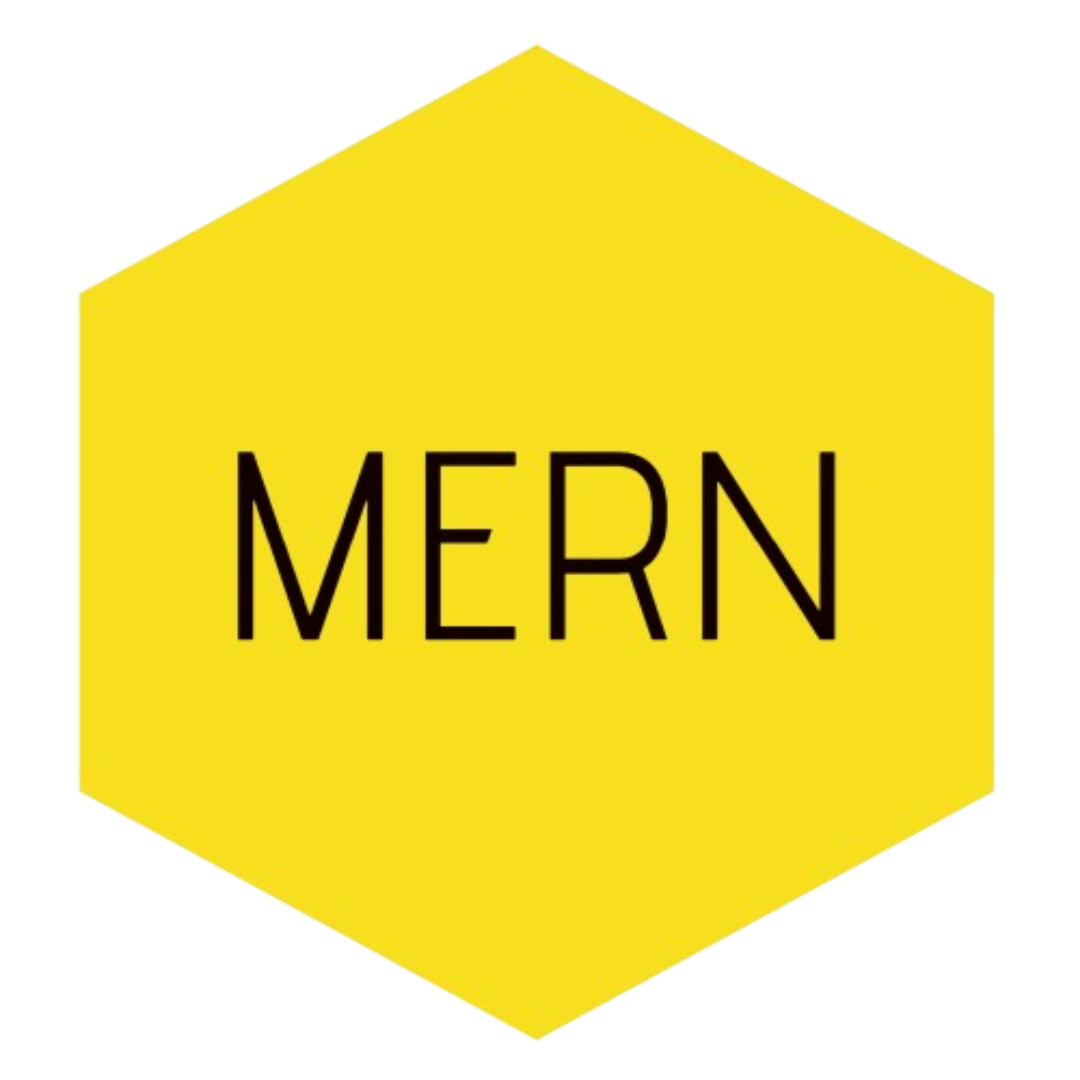



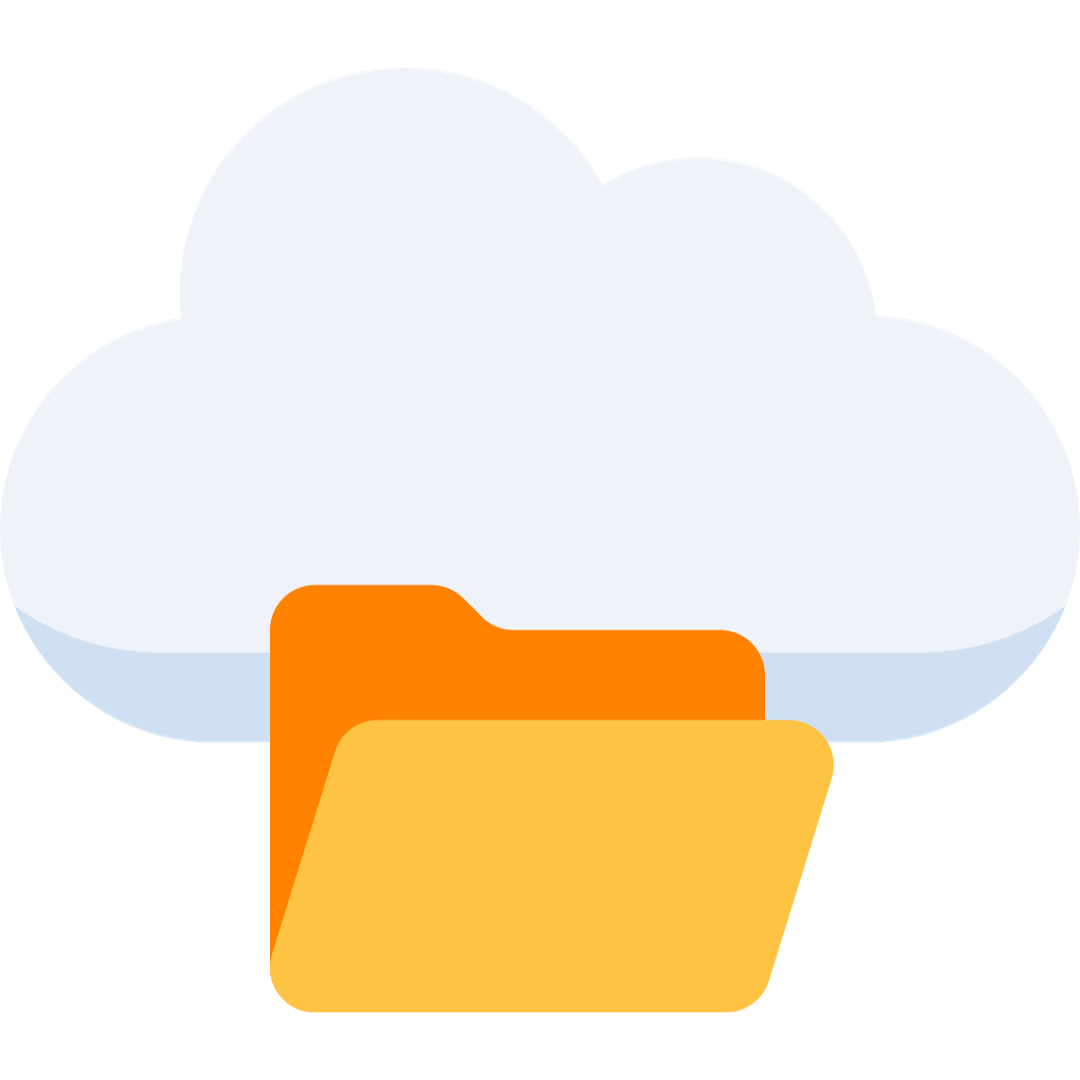


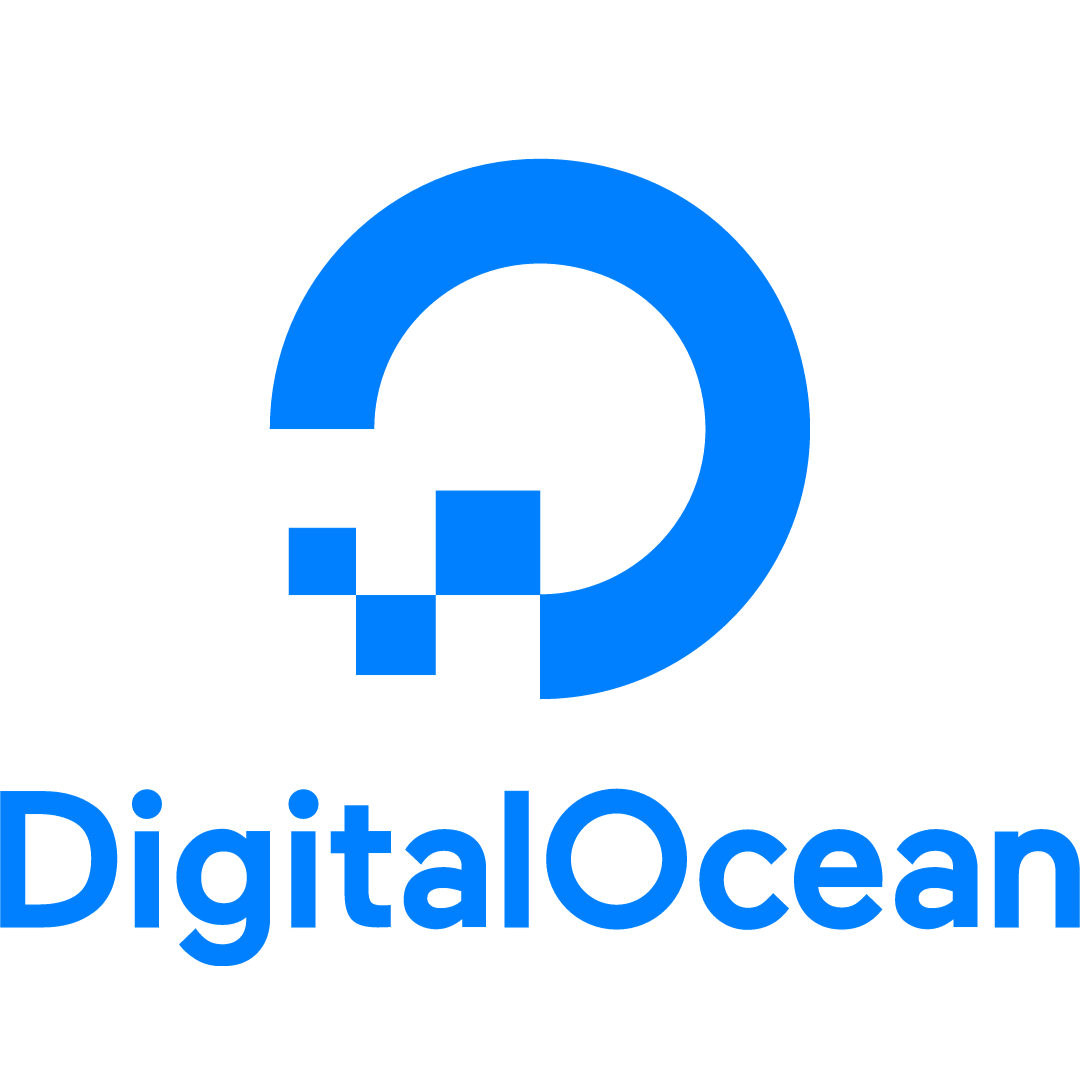


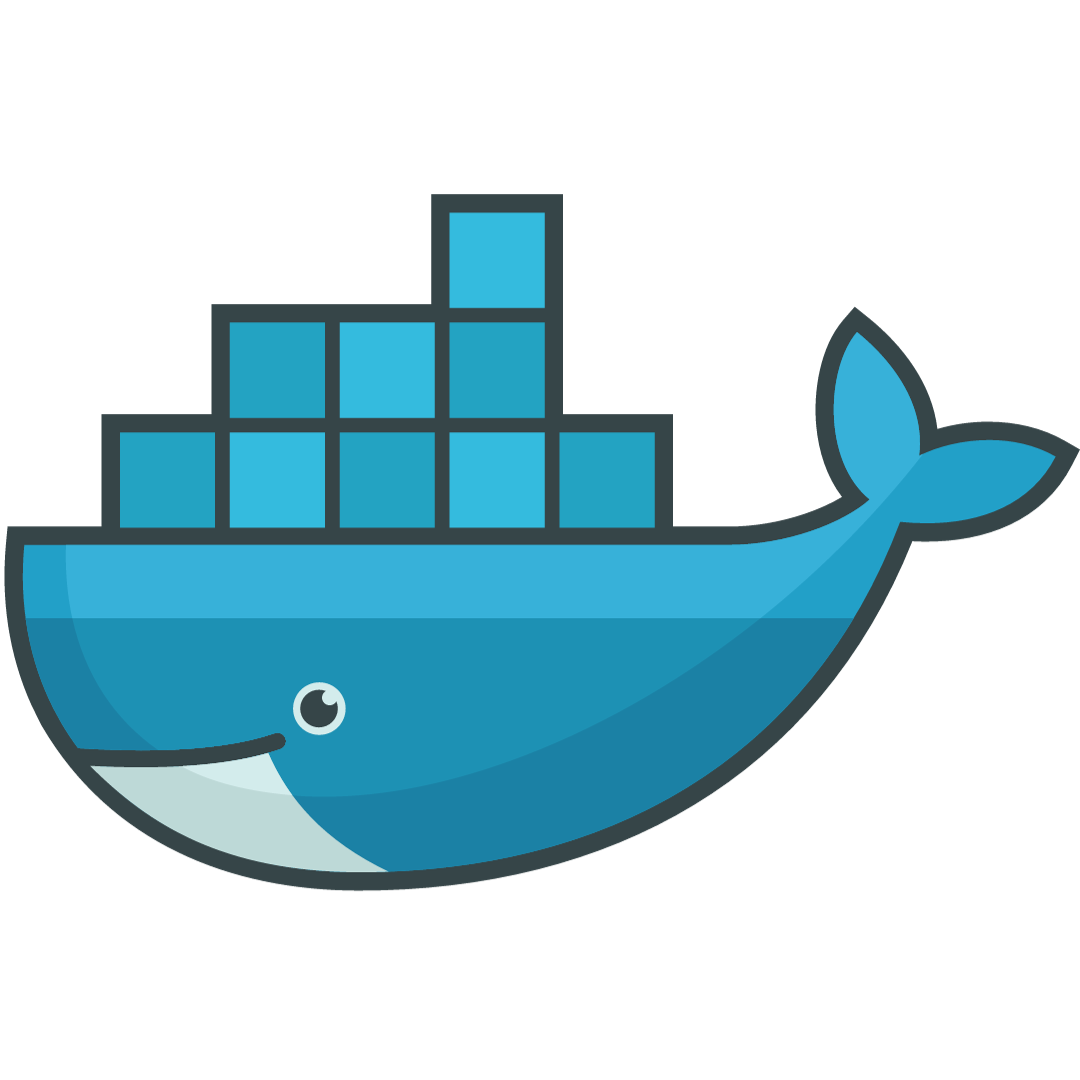













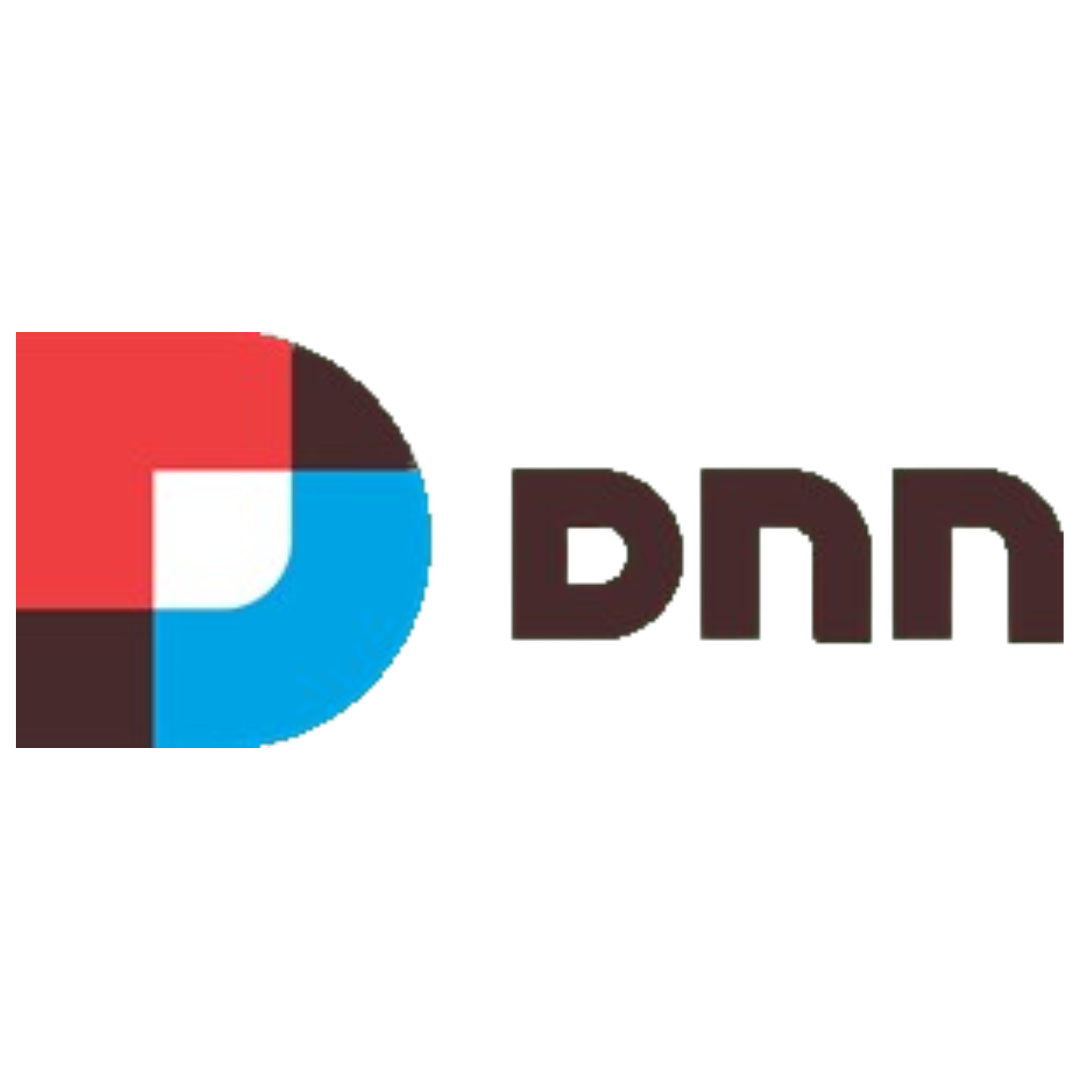






1 comments for "An Interview with Exavibes Services"
This article beautifully encapsulates the transformative journey of education in India, shedding light on the dynamic shifts and innovative approaches shaping the learning landscape. As we navigate towards a future where education is more than just rote learning, it's inspiring to see how initiatives like "Exemplary Educational Facilities in Haralur Area"Best Schools in Haralur are setting a new standard of excellence. This serves as a testament to the power of community-driven education, fostering holistic development and nurturing young minds to become tomorrow's leaders. Kudos to the visionaries and educators pioneering this change!
29-Feb-2024 07:02:09Leave a Reply